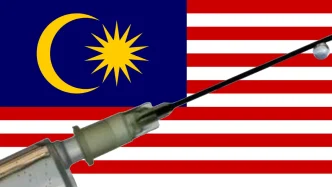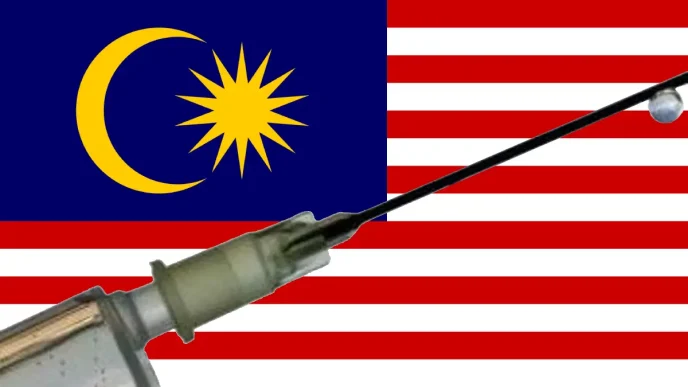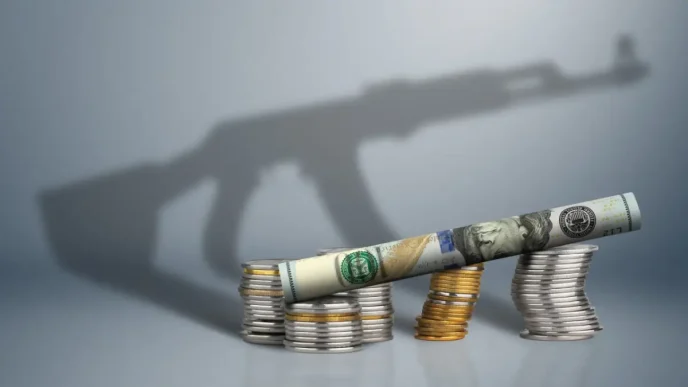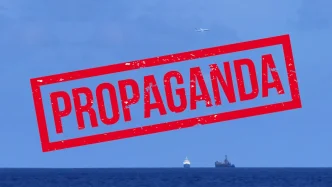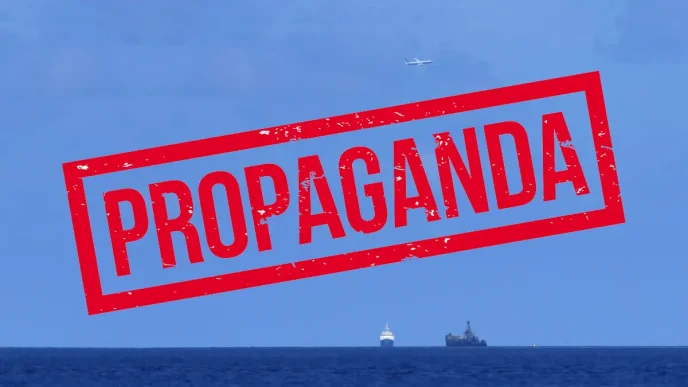Thailand’s political landscape remains in flux as the Pheu Thai Party urges the Constitutional Court to postpone its decision on whether to remove suspended Prime Minister Paetongtarn Shinawatra from office. The case, sparked by a leaked audio recording of a phone conversation between Ms. Paetongtarn and Cambodian Senate President Hun Sen, has intensified debates over leadership stability at a time of mounting domestic and border challenges.
A Call for Postponement Amid Crises
The Pheu Thai Party, a dominant force in Thai politics, has made a public plea for the Constitutional Court to delay its ruling on Ms. Paetongtarn’s fate. Ahead of a recent weekly party meeting, list MP Cherdchai Tantisirin argued that the suspended prime minister should remain in her role during a period of significant national challenges. He highlighted a border crisis, ongoing tariff disputes, and domestic issues such as the drug problem and the Khao Kradong land dispute in Buri Ram province as reasons for maintaining leadership continuity.
Mr. Cherdchai proposed a six-month pause on the court’s decision, suggesting that a ruling should be scheduled only after these pressing issues are addressed. His stance reflects a broader concern within the party that an acting prime minister may lack the authority or mandate to navigate Thailand through such turbulent times. “Having a prime minister in action is preferable to an acting one in times of crisis” he emphasized, framing the delay as a pragmatic necessity rather than a political maneuver.
The Leaked Audio and Legal Battle
At the heart of the controversy is a leaked phone conversation from June between Ms. Paetongtarn and Hun Sen, a prominent Cambodian political figure. The recording, which Ms. Paetongtarn has confirmed as authentic, was described by her as a private and diplomatic exchange aimed at preserving peace and protecting Thai sovereignty. Despite her defense, the leak prompted 36 senators to file a petition with the Constitutional Court, seeking her removal from office on grounds that the conversation may have overstepped ethical or legal boundaries for a serving prime minister.
The court’s response has been measured but firm. In a closely contested 5-4 vote, it granted Ms. Paetongtarn a final extension until August 4 to submit her defense. This narrow decision underscores the divisive nature of the case, with legal experts suggesting that the outcome could set a significant precedent for how private communications by public officials are handled in Thailand’s judicial system.
Ms. Paetongtarn, the daughter of former Prime Minister Thaksin Shinawatra and a key figure in the Shinawatra political dynasty, has faced intense scrutiny since taking office. Her tenure has been marked by efforts to balance populist policies with the complex realities of governing a nation often polarized by factional rivalries. The leaked audio has only amplified these challenges, casting a shadow over her leadership at a critical juncture.
Political Contingencies and Speculation
As the court deliberates, the Pheu Thai Party is preparing for all eventualities. Mr. Cherdchai revealed that, should the ruling go against Ms. Paetongtarn, the party is ready to support Chaikasem Nitisiri as its candidate for prime minister. However, this nomination remains contingent on feedback and broader political consensus within the party and its allies. As a last resort, Mr. Cherdchai noted that dissolving parliament could be considered, a move that would likely plunge Thailand into further political uncertainty with a general election.
Speculation about Ms. Paetongtarn’s next steps has also been rife. During a merit-making ceremony at Sanam Luang to mark Her Majesty Queen Sirikit, the Queen Mother’s birthday, the suspended prime minister greeted the press with a lighthearted “I have been missing you.” However, she remained silent when questioned about rumors of a possible resignation ahead of the court’s decision. Her public appearances, often accompanied by her husband, suggest an effort to maintain a composed and resilient image amid the mounting pressure.
Adding to the narrative, Tourism and Sports Minister and Pheu Thai Party secretary-general Sorawong Thienthong categorically dismissed claims that Ms. Paetongtarn might step down after the passage of the 2026 budget bill. His statement aims to quash rumors of an exit strategy, reinforcing the party’s commitment to standing by its leader through the legal ordeal.
Broader Implications for Thai Politics
The case against Ms. Paetongtarn comes at a time when Thailand is grappling with multiple crises that demand strong and decisive leadership. The border tensions, often tied to historical disputes with neighboring Cambodia, require delicate diplomatic handling—an area where Ms. Paetongtarn’s conversation with Hun Sen, however controversial, may have been intended to play a stabilizing role. Domestically, issues like the drug epidemic and land disputes such as the one in Khao Kradong highlight the government’s struggle to address systemic challenges while maintaining public trust.
Analysts argue that the Constitutional Court’s decision could have far-reaching consequences for Thailand’s political stability. A ruling against Ms. Paetongtarn risks deepening divisions within an already fragmented political landscape, potentially galvanizing opposition forces or triggering protests from her supporters. Conversely, a decision to retain her, even temporarily, might be seen as a reprieve for the Pheu Thai Party but could draw criticism from those who view the leaked audio as a breach of public trust.
The role of the Constitutional Court itself is under scrutiny. Historically, the court has been a contentious player in Thai politics, often accused of bias in cases involving the Shinawatra family and their political allies. Its narrow 5-4 vote on the extension for Ms. Paetongtarn’s defense suggests internal divisions, which may fuel further debate about judicial impartiality in politically charged cases.
Regional Context and Diplomatic Dimensions
The involvement of Hun Sen, a long-standing figure in Cambodian politics and a former prime minister, adds a layer of regional complexity to the scandal. Thailand and Cambodia have a history of strained relations, particularly over border disputes such as the Preah Vihear temple conflict. While the content of the leaked conversation has not been fully disclosed to the public, Ms. Paetongtarn’s assertion that it was aimed at preserving peace suggests an attempt to manage these sensitive ties behind closed doors.
For a global audience, it’s worth noting that Hun Sen remains a polarizing figure in Southeast Asia. Having transitioned from prime minister to Senate president in Cambodia, he wields significant influence over the country’s political direction under the ruling Cambodian People’s Party. Any perceived collaboration or private dealings with Thai leaders could be interpreted in various ways, depending on one’s perspective on his legacy of governance and human rights record.
In Thailand, the public reaction to the leaked audio has been mixed. Some view it as a legitimate diplomatic effort, while others question the propriety of such a conversation occurring outside formal channels. This dichotomy reflects broader tensions in Thai society about how leaders should engage with regional counterparts, especially on issues as sensitive as sovereignty and border security.
Looking Ahead: Uncertainty Looms
As the Constitutional Court weighs its decision, Thailand stands at a political crossroads. The outcome will not only determine Ms. Paetongtarn’s future but also shape the trajectory of the Pheu Thai Party and its ability to govern effectively amid overlapping crises. A delayed ruling, as requested by the party, might provide temporary relief but risks prolonging uncertainty in a nation already weary of political instability.
For now, Ms. Paetongtarn continues to project resilience, balancing public duties with the looming specter of a career-defining legal battle. Whether the court opts for postponement or delivers a swift verdict, the ramifications will reverberate through Thailand’s political corridors and beyond its borders. As the nation watches, the question remains: can stability prevail in the face of such multifaceted challenges?




